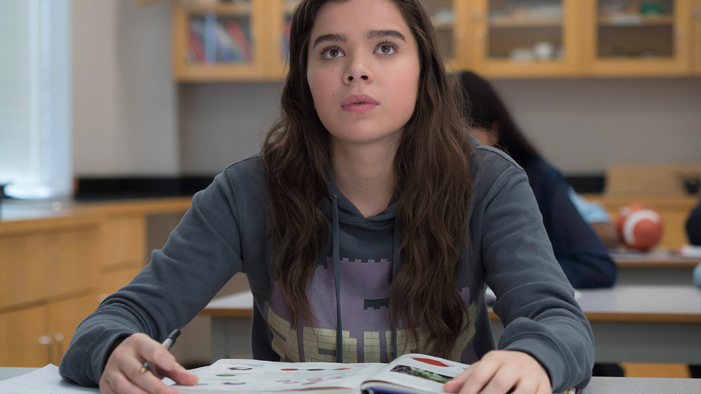20 Questions You Can Ask About Pretty Much Any Shakespeare Play

There’s going to come a time where you will find yourself in class discussing a Shakespeare play you haven’t actually read. Perhaps you didn’t quite understand the syllabus, or perhaps you were up all night binge-watching The Great British Bake-Off, in which case who can blame you?
The good news is that Shakespeare’s works have plenty of overlapping themes and ideas, so if you pose one of the following questions in class, it’ll have at least a 73% chance of being relevant to the discussion:
1. What dramatic function do the pirates serve?
2. Can you explain that double entendre? I’m pretty sure it’s sexual but I’m not sure how.
3. To what extent could you say that [character]’s cause of death was “poor communication”?
4. How does the Protestant Reformation factor into all of this?
5. What does the king’s fool reveal about society as a whole?
6. How could that disguise possibly work?
7. What’s the significance of this really abrupt ghost?
8. Why is [male character] constantly plagued by thoughts of female infidelity? Did he have any thoughts other than “MY WIFE BETTER NOT BE CHEATING ON ME”?
9. What does [hilarious comic relief character] reveal about humanity’s inexorable march into the void?
10. Can you explain what malapropism is and why it was funny? Like, I definitely understand everything I’m reading here. I’m just saying if I DIDN’T understand, how would you explain it?
11. Why does [character] have a name that conflicts with their setting or background?
12. Why do I get the feeling that every character who possesses even a single ounce of hubris is clearly marked for death?
13. Was that an anachronism, or am I crazy?
14. Does at least one person have to be plotting the death of a king at any given time? Like is that a rule?
15. How do the themes in this play reflect widespread fears concerning the line of succession to the English throne?
16. What the actual hell is a “bed trick” and why was this an acceptable way to solve problems?
17. How does the wedding at the end speak to gender politics of the day?
18. To what extent is that bawdy joke actually a form of social and political commentary?
19. What are the chances that [character]’s prophetic dream will soon take on a grim sort of significance?
20. What does the play suggest about the Tudor dynasty (other than the fact that it’s clearly the best English dynasty, just in case Elizabeth I is watching)?












